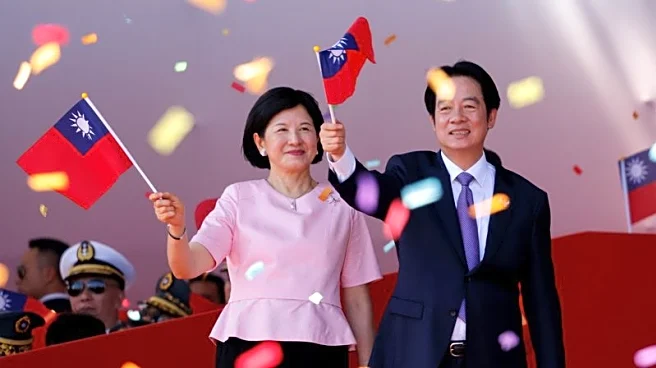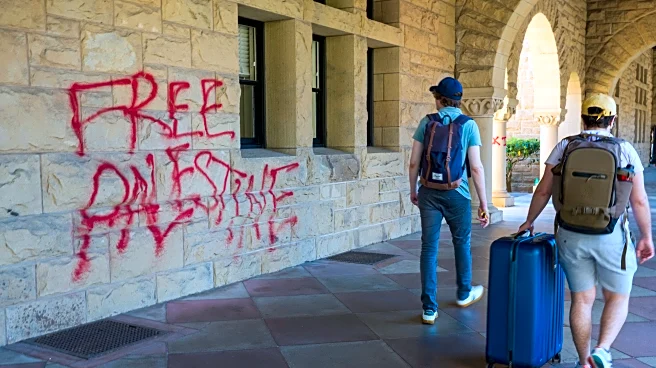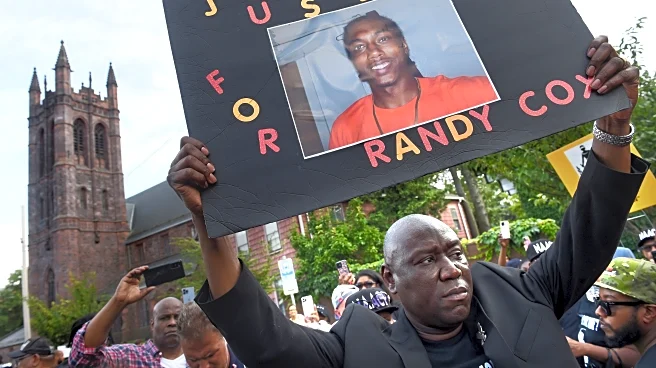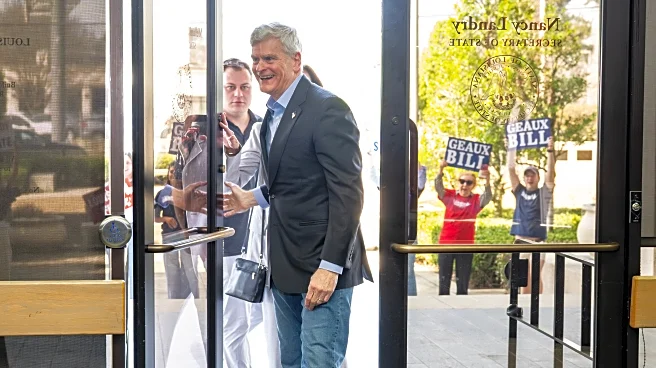By Yimou Lee and Ben Blanchard
TAIPEI (Reuters) -Taiwan will build a new multi-layered air defence system called "T-Dome" to defend itself against enemy threats and increase defence spending, President Lai Ching-te said on Friday, calling on China to renounce the use of force to seize the island.
Democratically governed Taiwan has faced increased military and political pressure from China, which views the island as its own territory over the strong objections of the government in Taipei.
Taiwan is ramping
up defence spending and modernising its armed forces, but faces a China that has a far larger military and is adding advanced new weapons such as stealth fighter jets, aircraft carriers and a huge array of missiles.
Lai said in his National Day address that Taiwan is determined to spend more on defence, and would propose a special budget for military spending by the end of the year, showing the government's determination to protect the island.
"The increase in defence spending has a purpose; it is a clear necessity to counter enemy threats and a driving force for developing our defence industries," he said.
"We will accelerate our building of the T-Dome, establish a rigorous air defence system in Taiwan with multi-layered defence, high-level detection, and effective interception, and weave a safety net for Taiwan to protect the lives and property of citizens," Lai said, to applause from the crowd.
He did not give details about "T-Dome" in his first public mention of the system. Reuters reported on Thursday he would unveil the "T-Dome", which one source said would aim to be like Israel's Iron Dome.
Taiwan's existing air defence systems are primarily based around the U.S.-made Patriot and the Taiwan-developed Sky Bow missiles.
Taiwan unveiled its latest air defence missile last month at a major arms show in Taipei, called Chiang-Kong, which is designed to intercept mid-level ballistic missiles and reach airspace higher than the Patriots.
There was no immediate reaction from Beijing to Lai's speech. China says Lai is a "separatist" and has rebuffed his offers of talks.
Lai added that China should renounce the use of force or coercion to change the status quo across the Taiwan Strait.
"Looking back at World War Two, we see that so many experienced the suffering of war and the pain of invasion. We should learn from these lessons and ensure that the tragedies of history are never repeated," Lai said.
Taiwan's National Day is held on the anniversary of a 1911 uprising that led to the overthrow of China's last imperial dynasty and establishment of the Republic of China.
The Republican government fled to Taiwan in 1949 after losing a civil war with Mao Zedong's communists, and the Republic of China remains the island's formal name.
(Reporting by Yimou Lee and Ben Blanchard; Editing by Himani Sarkar and Michael Perry)

















